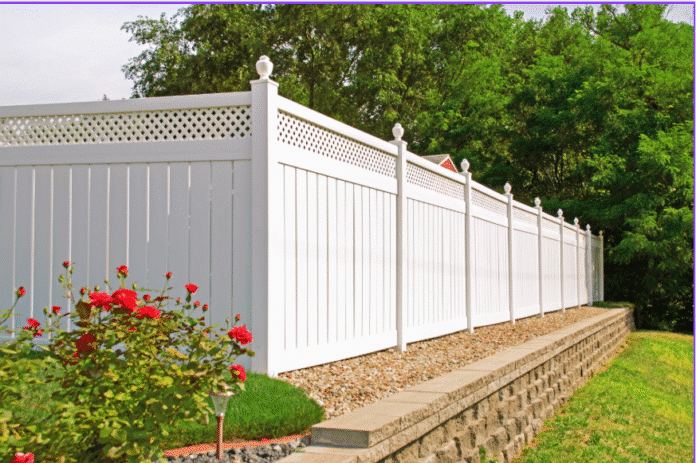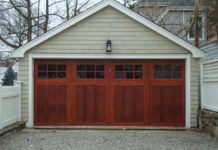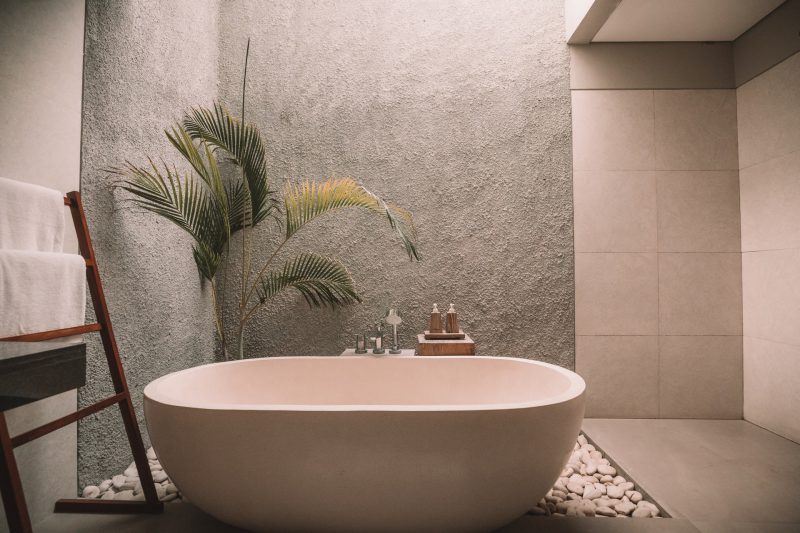Choosing the perfect fence for your home or business can feel overwhelming, especially with the countless materials, styles, and installation options available. Whether your goal is added privacy, enhanced curb appeal, or improved security, selecting the right fencing solution ensures both functionality and long-term value.
In this in-depth guide, we’ll walk you through everything you need to know to make the right fencing decision for your property—from material types and use cases to aesthetics, durability, and hiring the right contractor.
As Ruben Guzman, founder of JR Fencing—a leading fence company in Staten Island, NY—points out, “A well-installed fence is more than just a structure; it’s a foundation for security, privacy, and long-term peace of mind.”
Why Your Fence Choice Matters
Fencing is more than just a boundary—it plays an essential role in safety, appearance, and property value. A well-installed fence can:
- Provide privacy from neighbors and the street
- Protect children and pets
- Increase security for homes or commercial property
- Enhance landscaping and visual appeal
- Add resale value to your home or building
Step 1: Determine Your Primary Goal
Before selecting a style or material, consider the main reason you’re installing a fence. Is it for:
- Security?
- Privacy?
- Property boundary marking?
- Pet containment?
- Aesthetic enhancement?
Understanding your fence’s primary function will help guide the material and design selection process.
Step 2: Know the Most Popular Fencing Options
Let’s break down the most widely used fencing materials and their best applications:
Wood Fencing
A classic choice for residential fence company customers, wood offers natural beauty and excellent privacy.
Pros:
- Customizable with paint or stain
- Great for privacy and noise reduction
- Timeless aesthetic
Cons:
- Requires regular maintenance
- Vulnerable to weather and insects
Vinyl Fencing
If you’re looking for a durable and long-lasting fencing solution with minimal upkeep, vinyl is a strong choice.
Pros:
- Weather-resistant and easy to clean
- Low maintenance
- Available in many styles and colors
Cons:
- Higher upfront cost
- Less impact-resistant than wood or metal
Chain Link Fences
Practical and affordable, chain link fence installation is ideal for commercial properties, schools, or residential pet containment.
Pros:
- Low cost and quick to install
- Excellent for visibility and airflow
- Optional privacy slats available
Cons:
- Not decorative
- Offers little natural privacy
Iron Fences
Elegant and highly secure, iron fences (wrought iron or steel) are perfect for front yards and formal landscapes.
Pros:
- Extremely strong and secure
- Long-lasting with proper care
- Ideal for high-end properties
Cons:
- Prone to rust without proper coating
- More expensive to install
Aluminum Fence Installation
Aluminum is a great alternative to wrought iron—it offers a similar appearance without the risk of rust.
Pros:
- Lightweight and rust-proof
- Easy to maintain
- Ideal for uneven terrain
Cons:
- Less durable than steel
- Not suitable for heavy-impact zones
Step 3: Match the Fence to the Property Type
Different property types call for different fencing solutions. Consider these recommendations:
- Garden fence: Decorative wood or vinyl picket
- Backyard privacy fence: Tall wood, vinyl, or composite
- Commercial fence: Chain link fences or aluminum with security features
- Pool fence: Code-compliant aluminum or vinyl with self-closing gates
Your fencing contractor can help you choose the ideal fencing solution for your property type.
Step 4: Consider Style and Aesthetics
In addition to function, your fence should complement your building’s architecture. For instance:
- Traditional homes match well with picket or wood privacy fences
- Modern homes benefit from horizontal slat vinyl or aluminum fences
- Historic properties often favor wrought iron or ornamental steel
Step 5: Review Local Zoning Laws and HOA Rules
Many towns and subdivisions have restrictions regarding fence height, materials, and placement. Before construction begins, verify:
- Local zoning laws
- HOA guidelines
- Required permits
A full-service fencing company will help ensure your fence is legally compliant from day one.
Step 6: Choose the Right Fence Contractor
Hiring professionals with decades of fencing expertise ensures that your fence not only looks great but lasts for years to come. Look for companies that offer:
- Efficient fence installation services
- Transparent quotes and timelines
- A team of licensed and experienced professionals
- A portfolio of past types of fencing projects
The right team should also deliver expert installation and top-notch fencing services for both residential and commercial property clients.
Step 7: Think About Long-Term Maintenance
Different fences require varying levels of maintenance. For example:
- Wood fences should be sealed or stained every 2–3 years
- Vinyl fences just need occasional washing
- Iron fences require rust protection and painting
- Chain link fences need little maintenance, but may require tension adjustments
Understanding the upkeep helps you make a decision that fits your lifestyle.
Step 8: Prioritize Quality and Customer Service
Top-notch fencing companies are built on:
- Transparent communication
- Superior customer service
- Use of high-quality materials
- A commitment to complete satisfaction
When you work with a contractor that emphasizes expert service and high-quality results, you’ll enjoy peace of mind for years to come.
Final Thoughts
Choosing the right fence involves balancing form, function, and future upkeep. Whether you need a privacy fence for your backyard, chain link fencing for your business, or iron fence installation for elegance and security—there’s a solution that fits your needs and budget.
Your fence should be more than just a barrier. It should be an extension of your property’s personality—strong, secure, and made to last. With a qualified team of fence contractors, you can count on high-quality fencing solutions that offer true value.










